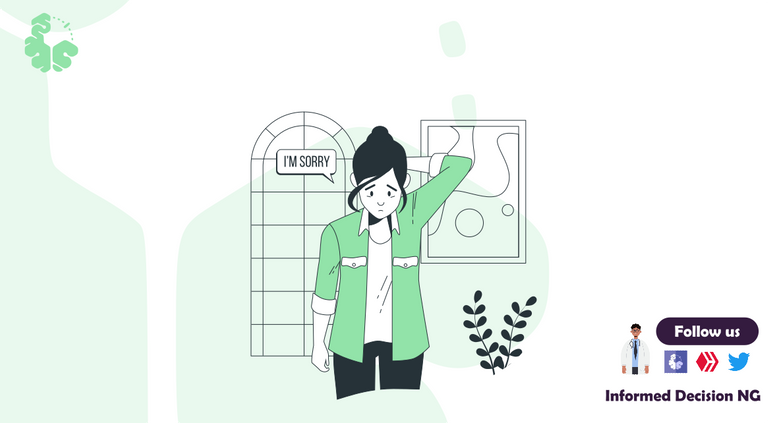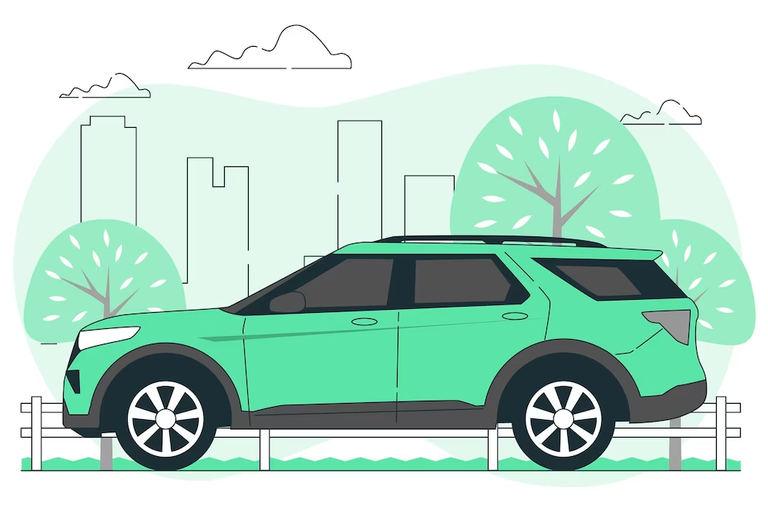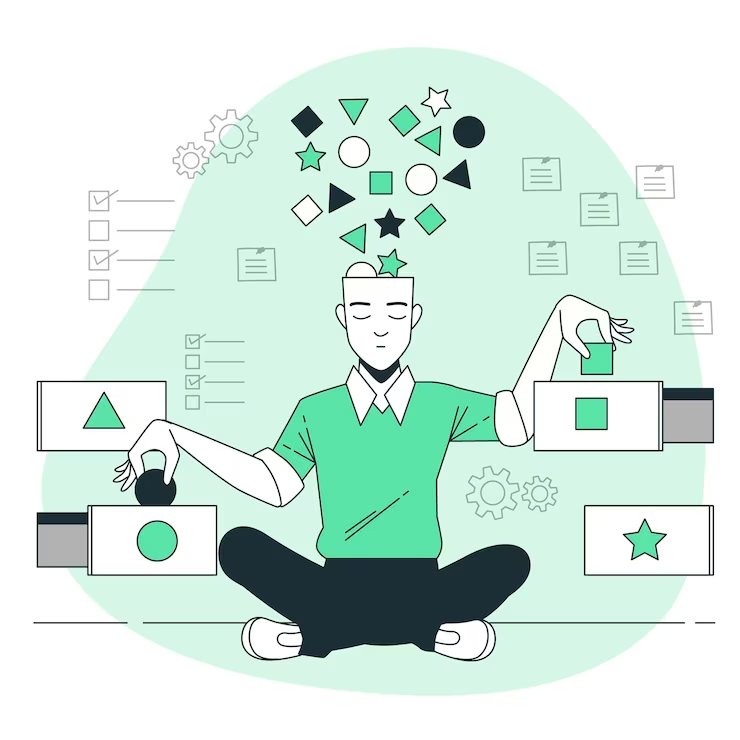Why Your Excuses Might Be Holding You Back: The Psychology of Attribution Theory

People illustrations by Storyset
What are the main determinants of your behavior? Why do you do the things you do? Is it because of your mom or your dad? Is it because of the neighborhood you were raised in? Or maybe it's the country you are from?
It is not uncommon for people to get into arguments about their behavior or the behavior of others (like movie stars or popular persons), and people say it is because of the behaviors of others or the way they were raised.
R. Kelly was such a hot topic about a year ago, and whenever the defense of his behavior is brought up, people start talking about the fact that he was molested as a child as the reason for his behavior.
While I don’t doubt that trauma from the past can be the cause of people’s behavior, people seem to forget that they are talking about a grown man who had enough money at some point for therapy.
It is almost like they are saying that past trauma gives you the pass to be a healthy human being. In Nigeria, where people go through all forms of trauma, we are supposed to be less than animals in a sense, but we are not... and that’s the point.
At the same time, I don’t listen to certain accusers of the man’s character when they spend too much time attacking him because I also realize that people have their biases, and most people are unaware of how internal attribution and external attribution affect their judgment.
Attribution theory is a psychological concept that looks into how people explain the causes of their behavior and the behavior of others.
“Why Are You Late?”

People illustrations by Storyset
This is one of the most asked questions at work, at school, and even on dates – depending on how bold the one in the pair is. It is asked at times from a place of concern. It is asked as a means to draw accountability from the asked.
What the asker is really saying is, “What do you attribute as the reason for why you did not meet up with our agreed-upon time?”
The next few seconds are the responses to the question, which may or may not be what the asker expects.
“Traffic, car broke down, child got sick, plane crashed right into my house.” All the responses are the extent to which the responder estimates the general population would be able to handle.
They are saying, "If traffic had most people stuck the way it did to me, most people wouldn't be at work today."
The traffic excuse is sometimes met with the asker explaining that they had to come from a longer distance and that they were able to make it early, leaving the responder caught in a web of their own making.
The asker obviously does not believe that the responder's reasons for being late are worthy. As an outsider, the only thing I can deduce from the interaction is that the asker considers the task at hand more important.
There is nothing worse than being on a date with a walking bag of excuses, I'll tell you that. Obviously, whatever it is you think both of you share is not important to the other person.
The problem most people face is that they try to lie to themselves that their reason and the excuse carry similar weight. But in some instances, you won’t get away with it, and the truth will prevail.
"My car broke down"

People illustrations by Storyset
Other times, something out of your control and that would be out of the control of most people happened to you.
How you handle it in the moment defines everything to the omnipotent observer.
Your brand-new car broke down a week after purchase, and you were on your way to a job interview where thousands of applicants are competing for the spot.
In that moment, as the time ticks, it depends on how important the job is to you, where the car broke down, how important the car is to you, and you cannot separate one from the other.
In that moment, it requires a sacrifice of some form of safety or assurance.
What if there was a button on this new car that you pushed and caused it to stop?
I struggled with helping my boss park her car once for a similar reason. Calling the car salesman who got you the car would fix all that, but you are minutes away from losing this job. But what if the job was a high in-demand job, and you could get another one?
What if it's the worst-case scenario? New car, middle of nowhere, amazing job on the line?
Immediately, your lack of options pushes you to the only option you have.
The job becomes a sacrifice when you arrive late to the interview after Googling the car's symptoms because the salesman's number was unreachable.
How angry do you get at yourself? Especially if you put in all the effort to put things in place, but they fell apart.
How the brain works

People illustrations by Storyset
Our brain doesn't like the discomfort of blaming us for everything, except when we are depressed; then it will blame us for every minor inconvenience in this world.
The mechanism through which our brain does this is through excuse-making and our self-serving bias, in contrast to the negative self-bias seen in depression.
A self-serving bias comes from the tendency for people to attribute successes to internal factors (hard work, abilities) and blame failures on external factors (bad luck or difficulties).
If you look carefully at the situation, excuses are not inherently bad.
If the employer calls the interviewee who was late because of his new car and asked him to explain why that happened, I am sure a reasonable boss wouldn't mind giving him a shot.
The problem is when, next week, his car breaks down again for another reason, and he is late, or his wife gets sick, so he had to leave work, or his mom needs his help with plumbing or some other random personal issue that keeps coming up.
When it is a habit, it's a problem.
I call it having a weak character. It's like watching a movie and seeing a particular character that does not accomplish everything because their behavior is off.
Is your character filled with flaws? Do you keep making excuses? Do you need help sorting that out?
You can send me a message on WhatsApp at +2348134530293, and we can have a conversation, or you can speak with a licensed therapist.
Conclusion
Even though our behavior is influenced by several factors such as past experiences, upbringing, and environment. It is important to remember that we have agency and can choose how to respond to situations.
Attribution theory explains how we explain our behavior and the behavior of others.
Excuses are not inherently bad, but it is crucial to avoid using them repeatedly and take accountability for our actions.
Ultimately, how we handle situations and take responsibility for our behavior can have a significant impact on our personal and professional lives.
For the things we want and need, our excuses should not take preference to their importance, if they are truly important.

Thanks for your contribution to the STEMsocial community. Feel free to join us on discord to get to know the rest of us!
Please consider delegating to the @stemsocial account (85% of the curation rewards are returned).
You may also include @stemsocial as a beneficiary of the rewards of this post to get a stronger support.